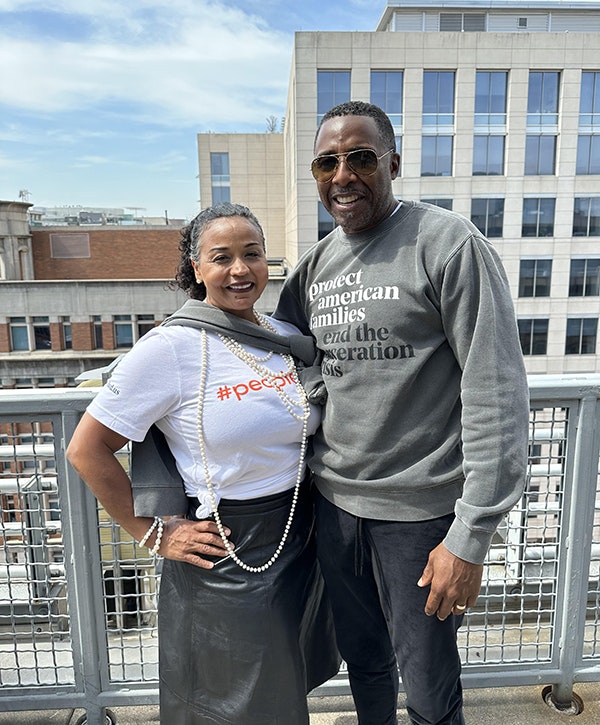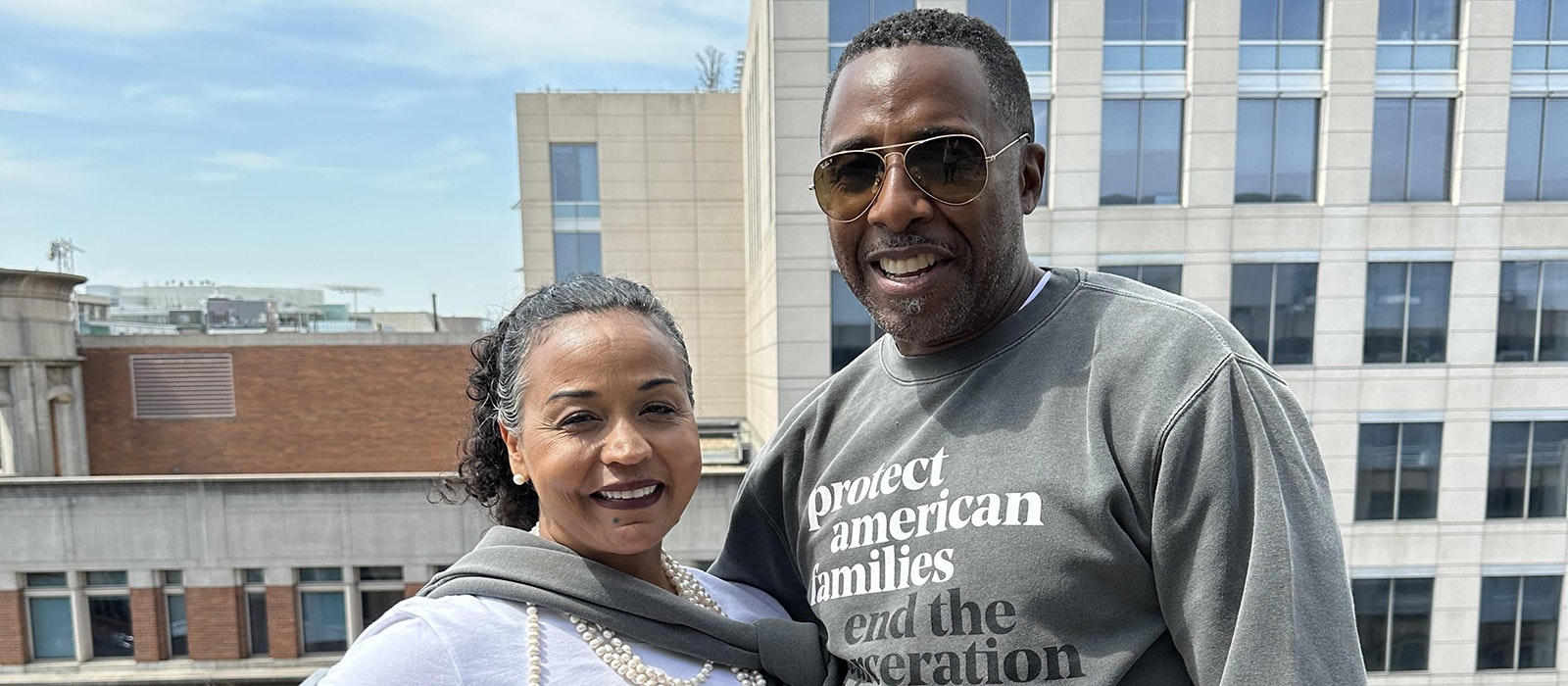Father. Husband. Son. These are some of the words that describe the nearly 2 million people currently incarcerated in America. This Father’s Day, we celebrate the resilient incarcerated and formerly incarcerated fathers who find ways to parent their children–to offer advice, make dad jokes, help with homework, and share love–despite the walls that separate them from their families.
Nearly half of all incarcerated people are fathers with at least one child under the age of 18. The effects of mass incarceration on fathers and communities are widespread; 1 in 2 adults have had a family member incarcerated and at least 5 million children have had a parent incarcerated. Having a parent incarcerated is a deeply destabilizing event that can contribute to health issues, problems in school, reduced household income, and make children more vulnerable to future incarceration. In spite of all of these challenges, many incarcerated fathers still manage to maintain strong, loving and present relationships with their children and research has shown that the strength of the parent-child bond can help young people overcome the harms caused by incarceration and succeed in their lives.
Truly honoring Father’s Day requires us to reflect on the human toll of mass incarceration and the punitive policies that unnecessarily separate families without making communities any safer. It is also an opportunity to uplift the incredible fathers forced to show up for their children from behind jail and prison walls. Fathers like Rob G. Rich, a formerly incarcerated father who successfully navigated parenting while enduring and surviving over two decades in prison.
Learn more about Rob in his own words below. Interview has been edited for length and clarity.

